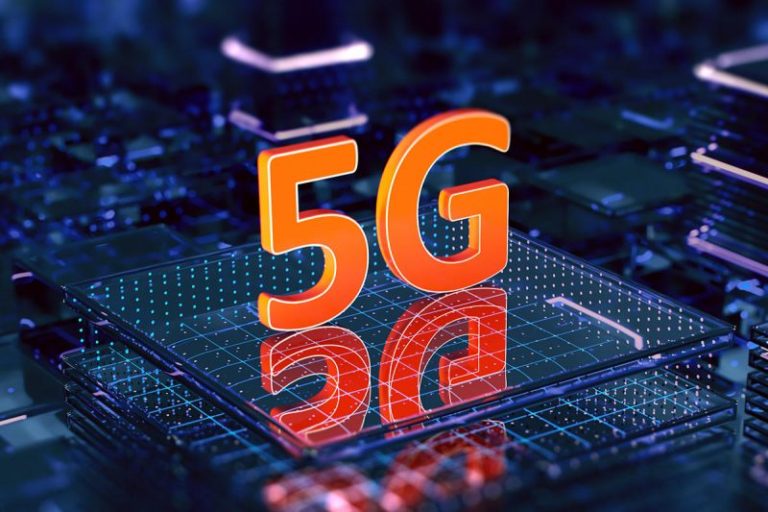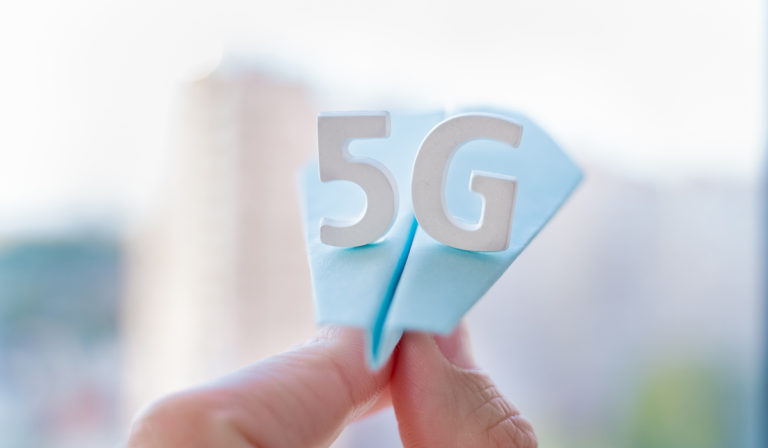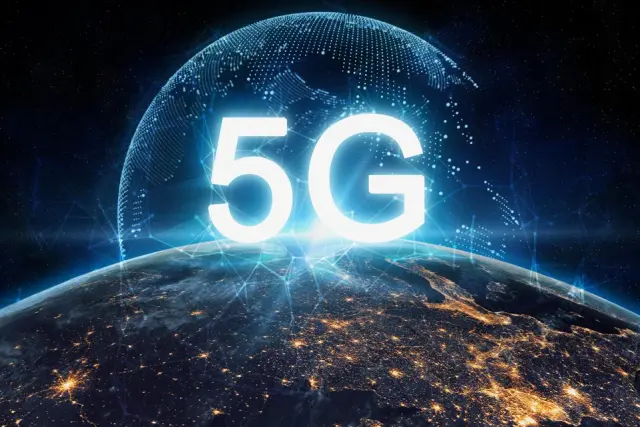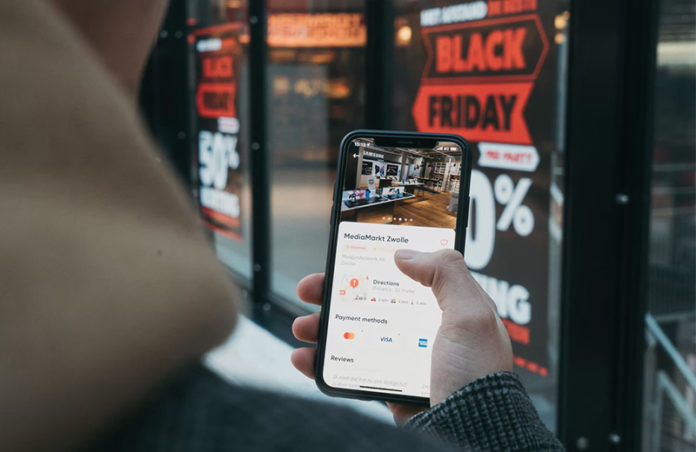176 countries enjoy 5G networks amid calls for more investments
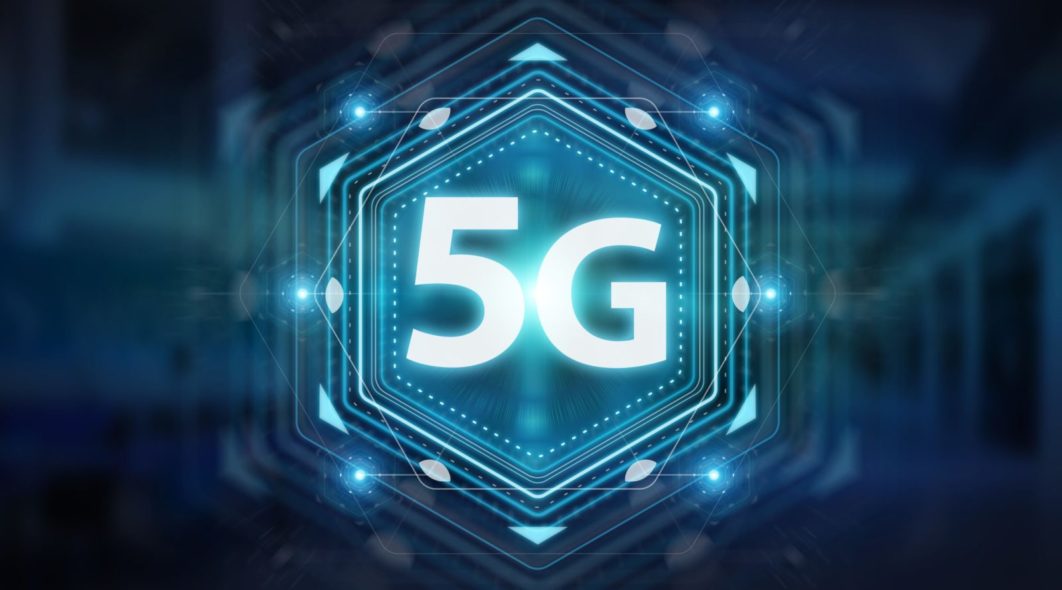
Commercial Fifth Generation (5G) network deployment is now in 176 countries around the globe, serving more than 500 million subscribers.
This was disclosed at the12th yearly Global Mobile Broadband Forum (MBBF) held in Dubai recently. Huawei’s Rotating Chairman Ken Hu, who disclosed this at the forum, stressed the need for the global ICT industry to work together to facilitate the next stage of 5G development and related opportunities, including XR services, the B2B market, and low-carbon development.
Speaking on the current state of 5G development and new opportunities moving forward, Hu noted, “In just five years of commercial deployment, 5G has provided a considerable upgrade in mobile experience for consumers, and it’s already starting to empower different industries around the globe. Progress was much faster than we expected, especially in terms of the subscriber base, network coverage, and the sheer number of 5G terminals on the market.”
Hu outlined three areas of opportunity that will drive the next stage of 5G’s growth to include XR services, the B2B market, and low-carbon development.
The company asserted that in the consumer space, average 5G download speeds are roughly 10 times greater than 4G, which has fuelled broader adoption of applications like VR and 360º broadcasting.
In the enterprise space, there are already 10,000 projects exploring B2B applications of 5G (5GtoB) around the world. 5G applications in industries like manufacturing, mining, and ports have already passed trial and are being replicated at scale.
While progress has been steady, Hu noted that there are still some areas for improvement. “Right now more than half of the
se 10,000 5GtoB projects are in China. We have a huge number of use cases already, but we need to build more sustainable business cases.”
At the Africa Law Tech Festival 2021, Dr Bello Moussa, Head of Innovation & ICT Strategy at Huawei Southern Africa, said that infrastructure sharing can lower the costs of technology deployment for the 5G coverage in Africa, as well as the time it takes to complete deployments.
“We have seen a lot of challenges in site acquisition and site deployment in the 2G, 3G and 4G era,” said Moussa. “This has hindered the development of mobile telecommunication and coverage. With 5G, we will need more sites, maybe three times the number of 2G and 3G.”
“There should be a tight collaboration between municipalities and telecom service operators. This will not only save time but also the cost of deployment. The savings will be transferred to the consumer enabling digital access.”
MEANWHILE, Nigeria is expected to join the league of countries that have deployed 5G by January 2022, according to the Federal Government, after a planned week-long December 2021 auction.
The Nigerian Communications Commission’s (NCC’s) said Nigeria is 97 per cent ready for 5G deployment. The Executive Vice Chairman of NCC, Prof. Umar Garba Danbatta, re-affirmed the status of the Commission’s 5G technology deployment at the yearly African Tech Alliance Forum (AfriTech 2021) held in Lagos last week.
Focusing his presentation on “NCC as a Digital Transformation Crusader and Nigeria’s in-Road to 5G Deployment,” Danbatta stated that, following the advent of COVID-19 pandemic, there has been a change in the dynamics of people’s interaction, especially on the Internet. According to him, almost every means of communication has become virtual in one way or the other.
Danbatta, who was represented by Director, Spectrum Administration, Oluwatoyin Asaju, however, stated that this paradigm shift in communication has led to significant increase in network connectivity requirements as a result of unprecedented upsurge in Internet traffic, occasioned by the use of a plethora of web applications such as Zoom, Microsoft teams, WebEx, Goto, Webner and so on. He said this has made remote work, virtual meetings, virtual studies and virtual healthcare delivery, among others, the new normal.



